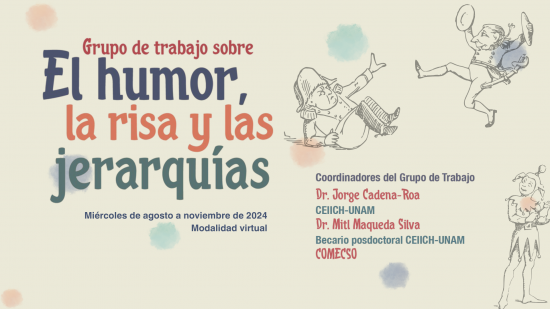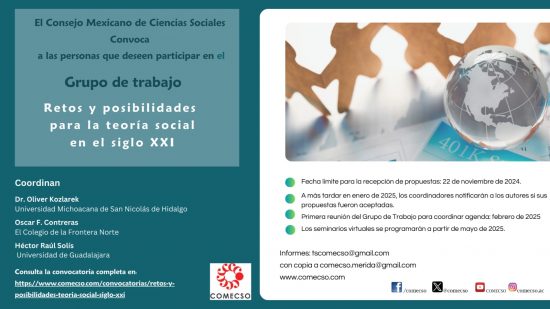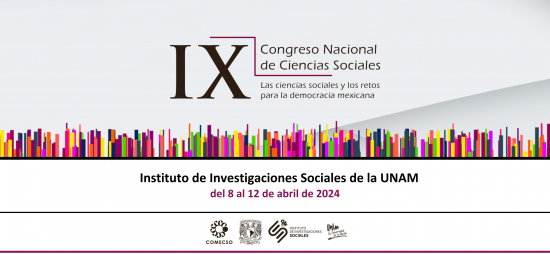Laboratory for PhD Students in Sociology
The International Sociological Association (ISA) invites applications from PhD students in sociology or interdisciplinary programs (with a strong sociology component) to attend the XVIth ISA International Laboratory for PhD Students in Sociology to be organised jointly by the ISA, and the International Migration Sociology Team at the Faculty of Sociology at the University of A Coruña (ESOMI), Spain, with the collaboration of the Spanish Federation of Sociology (FES). Dr Laura Oso, Director of the International Migration Sociology Team, will coordinate the Laboratory.
Globalisation has been accompanied by a growing interest in the study of mobilities, understood in its broadest sense (bodies, objects, virtual, communicative and imaginative), with some scholars referring to the Mobility Turn (Urry, 2007). These mobilities – their causes and consequences, as well as their meanings, constructs and regulations, lie at the centre of the configuration of societies on a world scale. Furthermore, globalization has sparked a debate into the emergence and increase in new forms of inequalities among societies (gender, race, class, age, ethnicity, and nationality), due to the supranational spatial integration of economies and societies and unequal market flows. The PhD Laboratory will focus on the intersection between mobilities and social inequalities in a globalized world.
The Laboratory will include a series of lectures delivered by leading sociologists from Spain and the international community. However, the core of the programme will be presentations by the students of their own work and subsequent discussion by students and faculty of the work. The theme for this Laboratory has been conceived in broad terms, and students’ research may focus on or be related in a variety of ways.
The working language of the workshop will be English. Participants in the workshop should be able to understand and speak English well. The students who apply must be at an advanced stage of their doctoral studies; they should have made some progress with the collection of data and have commenced the writing their dissertations. The Laboratory is meant to contribute to the quality of each student’s research project and final dissertation and thus students with nearly completed PhD are not eligible to participate.
Because of limitations on places, participants in any previous ISA Laboratory for doctoral students should abstain from applying.
Each interested candidate is requested to submit the following documentation in a pdf format:
- An application letter (in English) specifying the topic of her/his research, the expected date of degree completion, the motivation to apply, and email addresses of referees (one page)
- An application form
- A curriculum vitae (maximum two pages in English).
- An abstract (maximum 1,000 words) of the applicant’s research project (in English), including information about the main theoretical approach(es) and the main methodological approach(es) that are used in the research
- Two letters of recommendation (in English, French or Spanish).
(a) One from the student’s dissertation adviser or a dissertation committee member that comments on the research project (including the current stage of the research), theoretical and methodological approach(es) as well as the anticipated date of completion, and
(b) The other from the Department Chair or another professor that can comment about the applicant’s academic merits (in comparison with other students in the same programme) and about the candidate’s potential for leadership in the social sciences.
Letters of recommendation, addressed to the ISA Laboratory Selection Committee, can be emailed separately by referees to isa@isa-sociology.org
Applications and supporting documentation must be received (pdf format) by International Sociological Association at isa@isa-sociology.org not later than March 31th, 2019.
Late applications will only be considered if places remain available.
Selection criteria include: excellence of research, diversity of theoretical approaches, gender and geographic diversity of the candidates. Selection results will be announced by May 15th, 2019.
The local host and the International Sociological Association will cover travel and lodging expenses (including meals at the Laboratory) for the participants.
Te puede interesar

Publicaciones del COMECSO
comecso - Dic 04, 2024Este espacio reúne la gran mayoría de la producción editorial de nuestra asociación. A lo largo de casi cinco décadas,…
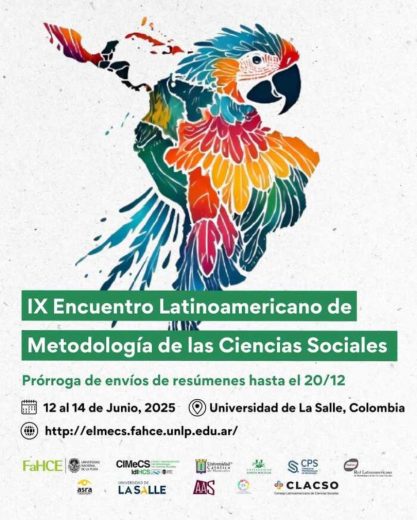
IX Encuentro Latinoamericano de Metodología de las Ciencias Sociales
Laura Gutiérrez - Dic 11, 2024IX Encuentro Latinoamericano de Metodología de las Ciencias Sociales Indisciplinar las ciencias sociales. Transformaciones y resistencias en las fronteras metodológicas…
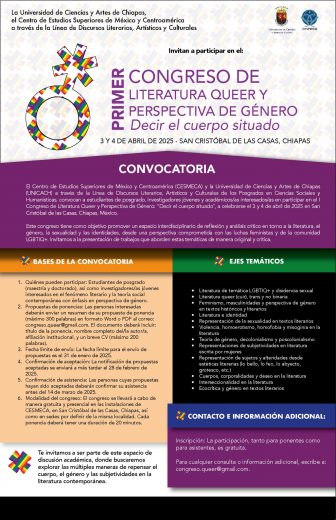
Primer Congreso de Literatura Queer y Perspectivas de Género: “Decir el cuerpo situado”
Laura Gutiérrez - Dic 11, 2024La Universidad de Ciencias y Artes de Chiapas, el Centro de Estudios Superiores de México y Centroamérica a través de…
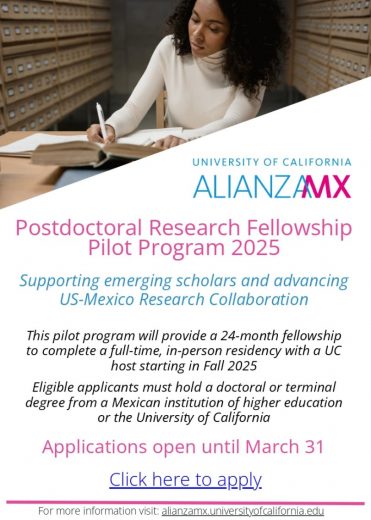
Postdoctoral Research Fellowships
Laura Gutiérrez - Dic 11, 2024University of California Alianza MX Postdoctoral Research Fellowships 2025 Pilot Program Deadline: March 31, 2025 The University of California Alianza…


